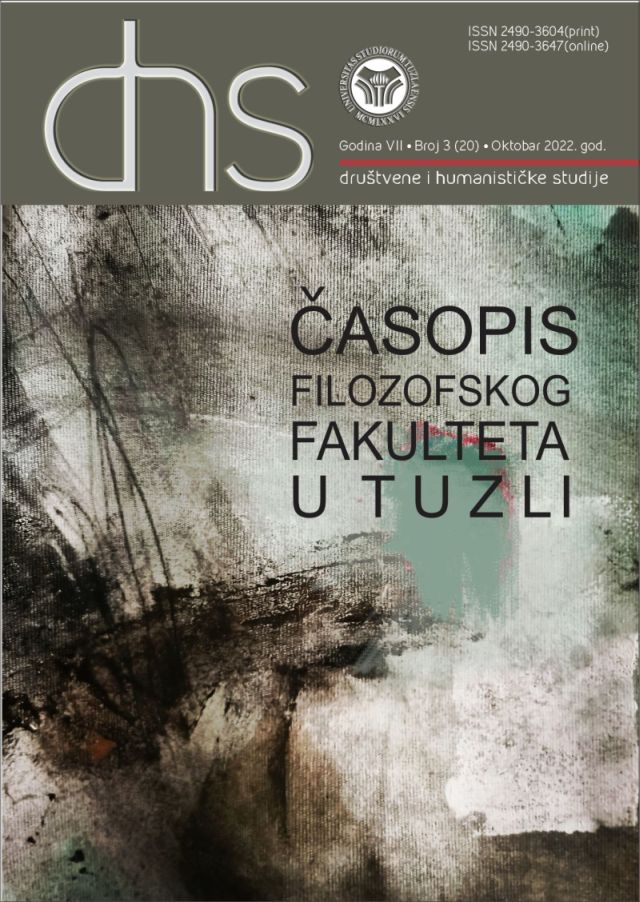James G. Ballard’s Urban Violence Quadrilogy - An Ecocritical Approach
James G. Ballard’s Urban Violence Quadrilogy - An Ecocritical Approach
Author(s): Milena Škobo, Jovana ĐukićSubject(s): Fiction, Studies of Literature, Theory of Literature, British Literature
Published by: Filozofski fakultet Univerziteta u Tuzli
Keywords: ecocriticism; man and environment; urban landscapes; J. G. Ballard’s urban violence novels; new social forms;
Summary/Abstract: J. G. Ballard’s fiction is a great example of literature that ecocritics find especially interesting and relevant to their work. From his cli-fi novels from the 60s depicting the society’s encounter with the eco-apocalypse in progress, to his urban catastrophe novels from the 70s portraying the society in post eco-apocalyptic era, to his latest quadrilogy [Cocaine Nights (1996), Super-Cannes (2000), Millennium People (2003) and Kingdom Come (2006)] focusing on modern horrors such as urban violence that generates social and psychological entropy as the next level of decline the human race has reached on its path to extinction. Ballard seems to provide a history of the systematic degradation of human beings resulting from their mistreatment of nature and obsession with technological progress. The aim of this paper is to show that his latest urban violence quadrilogy, apart from depicting human degradation taken to its extremes, offers new social forms that emerge from ecological crisis and eco apocalypse and whose formation points to the necessity for reevaluation of the human and more-than-human relationship. Hence, the quadrilogy avoids the trap of being trivialized and labeled as is so common in environmental fiction that it loses its ability to incite fear or eco-activism.
Journal: DHS-Društvene i humanističke studije: časopis Filozofskog fakulteta u Tuzli
- Issue Year: XX/2022
- Issue No: 20
- Page Range: 87-104
- Page Count: 18
- Language: English

